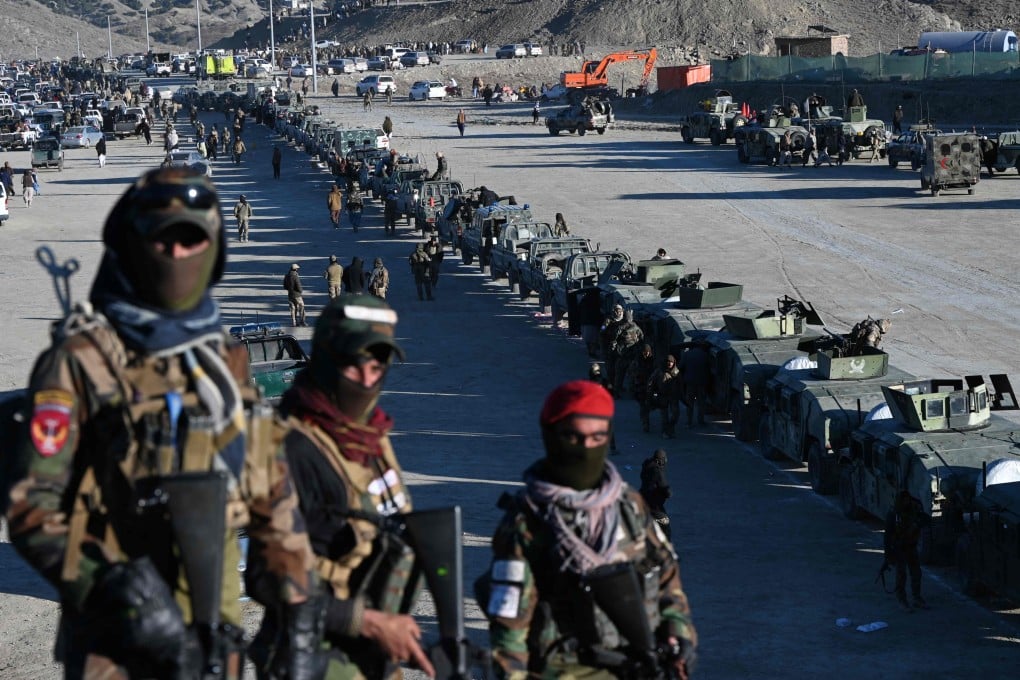Opinion | Why Afghanistan is once again a hotbed of terrorism
While the Taliban claims to have improved security in Afghanistan, terror attacks have only continued since the group seized power

Haqqani is the highest-ranking leader in the Taliban-led administration to be killed since the group re-took power in August 2021. He is the brother of Jalaluddin Haqqani, founder of the Haqqani Network, and uncle of acting interior minister, Sirajuddin Haqqani.
The family are key power brokers in Afghanistan, viewed as a more pragmatic faction vying for influence against the more extreme elements of Taliban leadership, who adhere to a strict interpretation of Islam.
Since 2021, the Taliban has claimed to have improved the security situation in Afghanistan by reining in Isis-K but the facts on the ground tell a different story.
